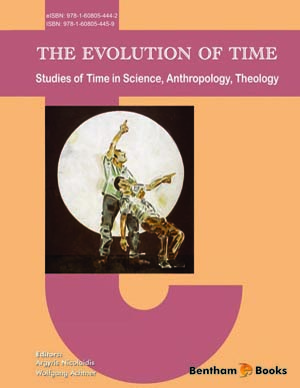Abstract
The essay intends to clarify the ontological status and validity of time as such, as well as the modes of time (past, present, future) and to relate them to God’s eternity. The famous analysis of time and time-experience given by Augustine serves as a starting point to demonstrate the questions at stake for a theological reflection on the relation between time, human existence and eternity. The author then argues for the ontological significance of the passage of time and thus for the eternal significance of transient human existence by referring to physical cosmology and the philosophical concept of presentism. System theory and semiotics allow for further clarification of the status of temporal processes for the development of human existence and selfunderstanding. In that context, religion is seen as a means not to step out of time, but to form and devise human temporal existence for individuals and communities. Finally, the Christian triad of faith, hope and love is mapped to the Augustinian categories of memory, expectation and attention, thus providing the hermeneutical key for an eschatological perspective of human existence.
Keywords: Eternity, GOD, Augustine, presentism, eternalism, block universe, eternal life, J.E. McTaggart, relativity, Einstein, cosmology, thermodynamics, Peirce, semiotics, religion.













